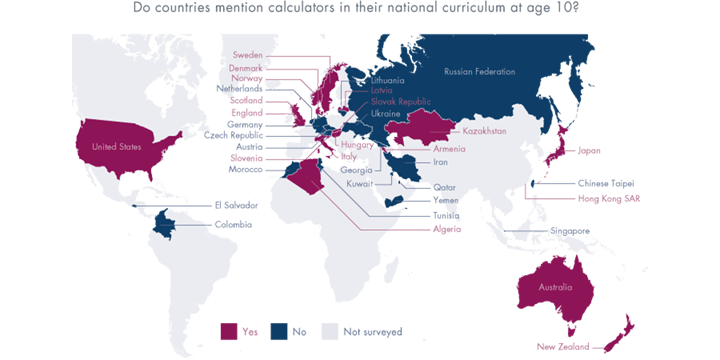07 September 2017

How does the use of calculators in primary schools affect mathematics teaching?
- Early use of calculators is advocated by research but there are gaps due to policy issues
- Pupils with unrestricted access to calculators from an early age don't appear to rely on them
- Calculators can be used for multiple purposes, including creative exploration and detecting pupil misconceptions in number
- Mathematical task design should carefully attend to calculator use
- Calculators should be a catalyst for redesigning curricula, not just add-ons to existing ones
- Use of calculators in primary maths may make the subject more open and interesting for pupils
View Espresso